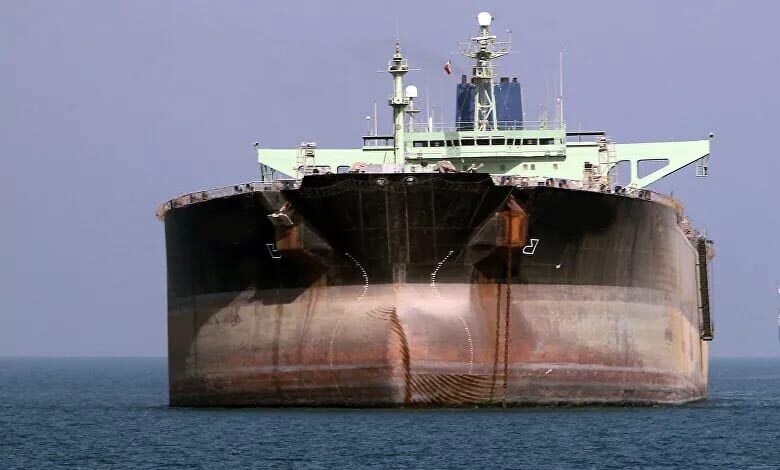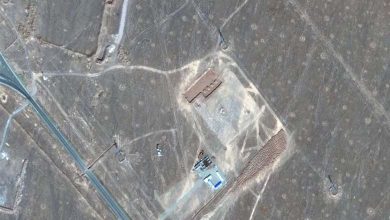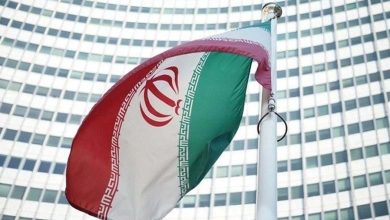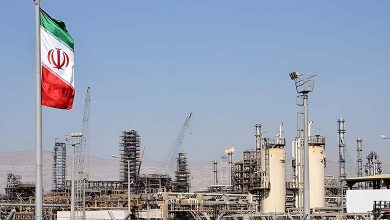Iran challenges the US sanctions and sent the biggest flotilla to Venezuela with fuel

According to people knowing the issue, Iran sends its biggest fleet of tankers to Venezuela, with defiance of US sanctions to support the isolated nation facing a crippling fuel shortage.
The people related that some of the flotillas that contain about 10 Iranian ships would also help Venezuelan export crude after discharging fuel, demanding not to be identified because the deal is secret.
Indeed, the Nicolas Maduro system is working to extend its reliance on Iran as the last ally; after that, Russia and China have avoided challenging the US embargo on trade with Venezuela. The country’s fuel crisis came after decades of mismanagement, corruption, and under-investment at state-owned Petroleos de Venezuela since Maduro’s late mentor and predecessor, Hugo Chavez.
The country that was once a top supplier of crude to the US and owned one of the lowest domestic gasoline prices in the world, it currently could produce any fuel. In early October, the last Iranian fuel lots on three ships ended, which threatened steeper nationwide lacks with hours-long lines at gas stations.
The current fleet working under sail is about double the size of the one that first startled international observers in May. It was crossing a Caribbean Sea patrolled by the US Navy, and being welcomed by Maduro himself once its arrival.
The US special representative for Iran and Venezuela stated in September. We’re watching what Iran is doing and making sure that other shippers, insurers, ship owners, ship captains realize they must stay away from that trade, Elliott Abrams,
According to Bloomberg tanker-tracking data, many ships that transported fuel to Venezuela earlier this year, including Fortune and Horse, stopped their satellite signal at least ten days ago. In fact stopping the transponders is a regularly used method by vessels wanting to avoid detection. In other cases of Iranian aid to Venezuela, vessel names were painted and changed to obscure the vessel’s registration.
The oil ministry in Tehran refused to comment on the subject. Messages sent to many officials at PDVSA, as Venezuela’s state oil company is known, weren’t instantly answered.
Besides importing fuel, Venezuela also needs to export enough crude oil to free up storage space and stop field stoppages, which is a mission made more difficult by the sanctions against Maduro’s regime. Production at Venezuela’s six refineries network has gone into steady reduction, with spills and accidents becoming routine. Maduro’s government has amplified pressure on the poorly-maintained infrastructure to guarantee the production for local consumption.
Sanctions have made it challenging to import parts or hire contractors, and the Maduro regime is running out of cash.
People with knowledge about the situation reported that the two nations are also discussing ways for Iran to help Venezuela overhaul its Cardon refinery, the last fuel plant to operate more or less regularly. People familiar with those plans declared that in 2018, Chinese oil companies also looked at helping Venezuela fix its refineries however lost interest after reviewing the installations.
It is not clear if the Iranians would be able to achieve what the Chinese didn’t. Venezuela’s refineries were established and operated for decades by US and European oil majors until nationalization in the 1970s. Since PDVSA relied on US technology and parts for maintenance and expansions, this actually means that the Iranians would need to make certain parts from scratch to carry out key repairs. One of the people said that certain fixes made in June and July haven’t been successful yet and four local contractors are still conducting repairs.
Maduro is now under renewed international pressure after the opposition decided to boycott Dec. 6 National Assembly elections widely considered to be overseen by Maduro loyalists. Maduro is wanting for more voters to claim he has public support.












